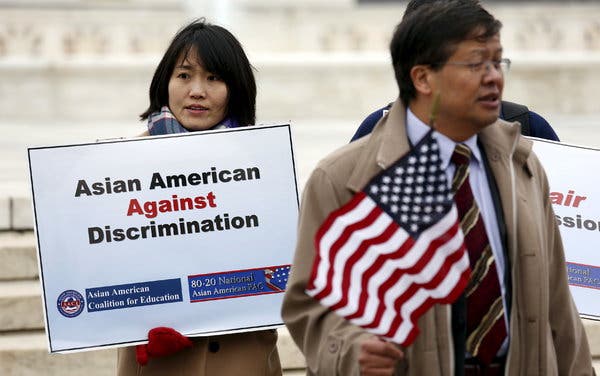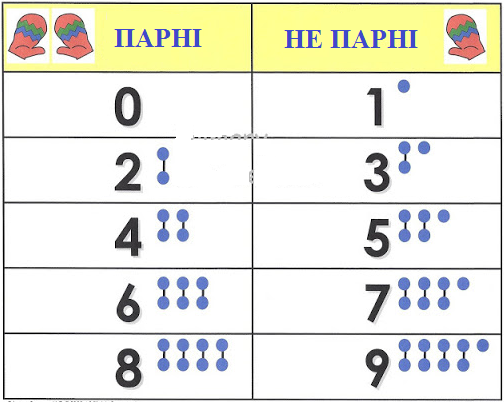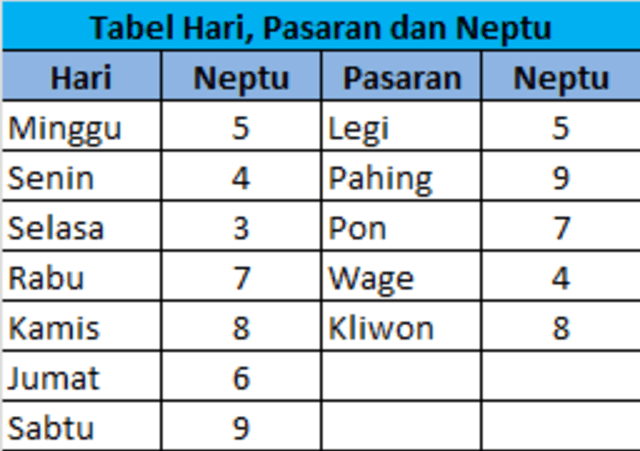Harvard Lawsuit: A Showdown With The Trump Administration

Table of Contents
The Origins of the Harvard Lawsuit
The Harvard Lawsuit, formally Students for Fair Admissions, Inc. v. President & Fellows of Harvard College, stemmed from the belief that Harvard's admissions process discriminated against Asian American applicants. The lawsuit, spearheaded by Edward Blum and his organization, Students for Fair Admissions (SFFA), alleged that Harvard utilized race as a significant negative factor in admissions decisions, violating Title VI of the Civil Rights Act of 1964, which prohibits discrimination on the basis of race, color, or national origin in programs receiving federal funding.
- Statistical Arguments: SFFA presented statistical analyses suggesting that Asian American applicants needed higher scores on standardized tests and grades to achieve the same admission rate as other racial groups. They argued this disparity was evidence of intentional discrimination.
- Racial Balancing Claims: The lawsuit claimed that Harvard engaged in "racial balancing," prioritizing diversity over individual merit, effectively penalizing high-achieving Asian American applicants.
- Legal Basis: The core legal argument rested on Title VI, claiming Harvard's admissions policies constituted intentional discrimination against Asian Americans, violating their equal protection rights.
Harvard's Defense Strategy
Harvard vehemently denied the allegations of discrimination, arguing that its holistic review process considered a wide range of factors beyond academic achievements, including extracurricular activities, personal essays, and contributions to diversity. The university maintained that a diverse student body is a crucial component of a robust educational environment.
- Diversity as an Educational Benefit: Harvard argued that a diverse student body fosters intellectual curiosity, enhances critical thinking, and prepares students for a globalized world. They presented extensive evidence demonstrating the positive impact of a diverse learning environment.
- Holistic Review Defense: The university defended its holistic review process as essential for identifying well-rounded candidates and ensuring a vibrant campus community. They emphasized the importance of considering individual circumstances and contributions beyond standardized test scores and GPAs.
- Arguments Against Merit-Based Systems: Harvard argued that a solely merit-based system, focused solely on academic metrics, would be inherently unfair and would fail to capture the richness and complexity of human potential.
The Supreme Court Decision and its Impact
In a landmark 6-3 decision, the Supreme Court ruled that Harvard's admissions program violated the Equal Protection Clause of the Fourteenth Amendment. The majority opinion found that Harvard’s admissions program lacked a sufficiently compelling interest and that the program’s use of race was not narrowly tailored. This effectively ended the consideration of race as a factor in college admissions.
- Dissenting Opinions: Dissenting justices argued that the decision disregarded decades of precedent supporting affirmative action and that it would severely limit the ability of universities to create diverse student bodies. They emphasized the educational benefits of diversity and expressed concern about the potential for increased homogeneity in higher education.
- Immediate Reactions: The ruling prompted swift and divided reactions. Many celebrated the decision as a victory for equal opportunity, while others decried it as a setback for diversity and inclusion in higher education. Universities grappled with the immediate implications for their admissions policies.
- Long-Term Consequences: The long-term consequences remain to be seen. The decision may lead to decreased diversity on college campuses, particularly at elite institutions. It has also spurred ongoing debates on alternative approaches to promoting diversity and inclusion.
The Broader Context: Affirmative Action and the Future of Higher Education
The Harvard lawsuit is not an isolated incident. It reflects a larger ongoing debate surrounding affirmative action in the United States, raising fundamental questions about equity, meritocracy, and equal opportunity in higher education. This debate involves complex legal and ethical arguments with far-reaching consequences.
- Alternative Approaches: The Supreme Court's decision has prompted discussions on alternative approaches to promote diversity, including considering socioeconomic factors, expanding access to quality education in underserved communities, and focusing on holistic reviews that emphasize factors beyond race.
- Socioeconomic Factors: There is increased focus on incorporating socioeconomic factors into admissions decisions to address the systemic inequalities that contribute to disparities in access to higher education.
- Meritocracy and Equal Opportunity: The ongoing conversation centers on reconciling the ideals of meritocracy and equal opportunity, ensuring that all individuals have a fair chance to pursue higher education regardless of their background.
Conclusion
The Harvard lawsuit represents a pivotal moment in the ongoing conversation surrounding affirmative action and higher education. The Supreme Court's decision has profound implications for universities nationwide, forcing a reassessment of admissions practices and a renewed debate on the crucial role of diversity in the American educational landscape. The legacy of this legal battle continues to shape discussions on equity, merit, and the future of higher education.
Call to Action: Understanding the intricacies of the Harvard lawsuit and its ramifications is crucial for anyone interested in the future of higher education and the fight for equality. Continue learning about the ongoing impact of this landmark Harvard Lawsuit and its influence on affirmative action policies across the country. Stay informed and engage in the critical dialogue surrounding this important issue.

Featured Posts
-
 Dinamo Obolon 18 Kvitnya Rakhunok Ta Rezultati Upl
Apr 23, 2025
Dinamo Obolon 18 Kvitnya Rakhunok Ta Rezultati Upl
Apr 23, 2025 -
 Note The Original Keyword Mentions 10 6 Billion But Many News Sources Report The Deal At 5 6 Billion I Have Used The Latter Figure In The Titles To Reflect Accurate Reporting
Apr 23, 2025
Note The Original Keyword Mentions 10 6 Billion But Many News Sources Report The Deal At 5 6 Billion I Have Used The Latter Figure In The Titles To Reflect Accurate Reporting
Apr 23, 2025 -
 Ramalan Pernikahan Weton Senin Legi Dan Rabu Pon Menurut Primbon Jawa
Apr 23, 2025
Ramalan Pernikahan Weton Senin Legi Dan Rabu Pon Menurut Primbon Jawa
Apr 23, 2025 -
 The Impact Of Artificial Intelligence On Wildlife Conservation Efforts
Apr 23, 2025
The Impact Of Artificial Intelligence On Wildlife Conservation Efforts
Apr 23, 2025 -
 350 Kata Kata Motivasi Hari Senin Semangat Kerja Sepanjang Pekan
Apr 23, 2025
350 Kata Kata Motivasi Hari Senin Semangat Kerja Sepanjang Pekan
Apr 23, 2025
